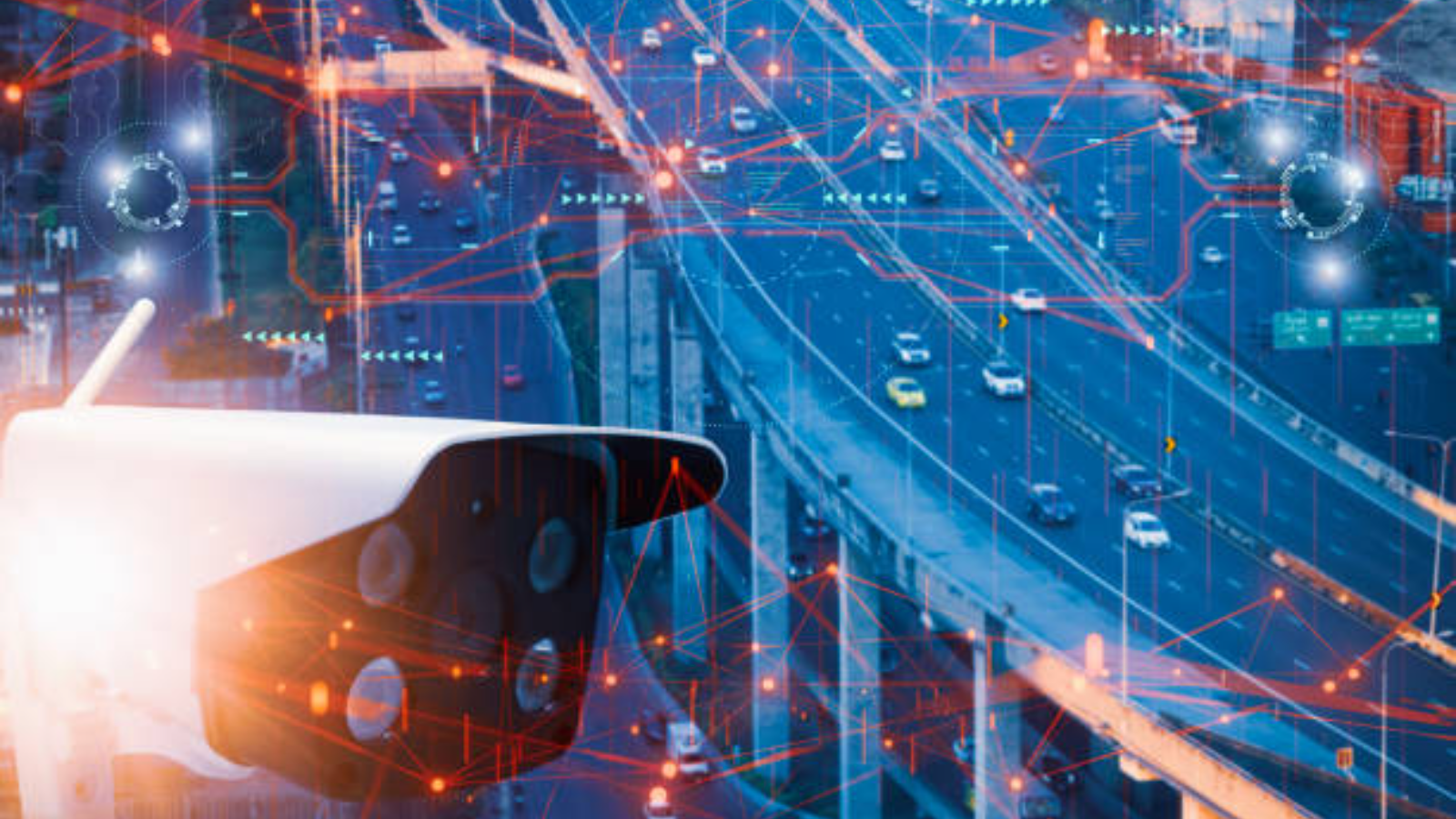In this Article
Introduction
In an era where technology is rapidly transforming every aspect of our lives, the concept of smart cities is gaining significant traction. Smart cities leverage advanced technologies to enhance the quality of life for their residents, streamline urban management, and promote sustainability. This blog post delves into the fascinating world of smart cities, highlighting top innovations and projects from around the globe. We will explore how these cities are utilizing cutting-edge technologies to create more efficient, livable, and sustainable urban environments.
Top Innovations and Projects in Smart Cities
Rapid urbanization has brought challenges like congestion, pollution, and resource management. Smart cities integrate Information and Communication Technologies (ICT) with urban infrastructure to improve city operations, enhance residents’ quality of life, and ensure sustainable development. From smart traffic management to intelligent waste disposal, smart cities are transforming urban living.
1. Smart Traffic Management
One of the most pressing issues in urban areas is traffic congestion. Smart traffic management systems use real-time data and advanced algorithms to optimize traffic flow, reduce congestion, and improve road safety.
- Singapore’s Intelligent Transport System (ITS): Singapore has implemented an advanced ITS that uses sensors and cameras to monitor traffic conditions in real time. The system provides drivers with up-to-date information on traffic conditions and suggests alternative routes to avoid congestion.
- Barcelona’s Smart Traffic Lights: Barcelona has introduced smart traffic lights that adjust their timing based on real-time traffic conditions. This helps to reduce waiting times at intersections and improve overall traffic flow.
- Los Angeles’ Automated Traffic Surveillance and Control System (ATSAC): Los Angeles has developed ATSAC, which uses a network of sensors and cameras to monitor and manage traffic in real time. The system can adjust traffic signals and provide real-time traffic updates to drivers.
2. Intelligent Waste Management
Effective waste management is crucial for maintaining a clean and healthy urban environment. Smart cities are using technology to optimize waste collection and disposal processes.
- Stockholm’s Automated Waste Collection System: Stockholm’s automated waste collection system uses underground vacuum tubes to transport waste to a central point, reducing the need for garbage trucks and minimizing environmental impact.
- San Francisco’s Smart Waste Bins: San Francisco has deployed smart waste bins equipped with sensors that monitor the fill level of the bins. When a bin is nearly full, it sends a notification to the waste management team, ensuring timely collection and preventing overflow.
- Seoul’s RFID-Based Waste Management: Seoul uses RFID tags to track and manage waste. Residents are required to use RFID-tagged bags for their waste, which allows the city to monitor waste generation and optimize collection routes.
3. Energy Efficiency and Sustainability
Smart cities are committed to reducing their environmental footprint and promoting sustainable development. They use technology to optimize energy consumption and promote the use of renewable energy sources.
- Amsterdam’s Smart Grid: Amsterdam’s smart grid uses advanced sensors and communication technologies to monitor and manage energy consumption. The grid can balance supply and demand in real time, reducing energy waste and promoting the use of renewable energy sources.
- Copenhagen’s Carbon Neutrality Plan: Copenhagen aims to become the world’s first carbon-neutral capital by 2025. The city is implementing a range of initiatives, including the use of smart meters, energy-efficient buildings, and renewable energy sources, to achieve this goal.
- Masdar City’s Sustainable Development: Masdar City in the UAE is a pioneering example of sustainable urban development. The city is designed to be carbon-neutral and zero-waste, with a focus on renewable energy, energy-efficient buildings, and sustainable transportation.
4. Smart Public Services
Smart cities are leveraging technology to enhance the delivery of public services and improve the quality of life for residents.
- New York City’s 311 Service: New York City’s 311 service lets residents report non-emergency issues like potholes and graffiti via a mobile app or website, using data analytics to prioritize and address them efficiently.
- London’s Smart Street Lighting: London has introduced smart street lighting that uses sensors to adjust the brightness of streetlights based on real-time conditions. This helps to reduce energy consumption and improve public safety.
- Dubai’s Smart Government Initiative: Dubai aims to become a smart city by using technology to enhance public services. The Smart Government Initiative includes projects like smart healthcare, education, and transportation to improve residents’ quality of life.
Conclusion
Smart cities transform urban living by leveraging advanced technologies to address urbanization challenges, promote sustainability, and enhance residents’ quality of life. From smart traffic management to intelligent waste disposal and energy-efficient initiatives, they create more efficient, livable, and sustainable urban environments.
How Can We Help?
The AlphaX ecosystem helps cities overcome challenges with smart solutions like advanced traffic management, intelligent waste management, and energy-efficient technologies. Partnering with AlphaX enables cities to optimize operations, enhance residents’ quality of life, and promote sustainable development.
For more information on how AlphaX can help your city become smarter, please visit our contact page.
References
Related Blog Posts
How Smart Cities Connect: Getting Started with Edge AI and IoT Technology
How to Get Started with Edge AI and IoT Technologies in Smart Cities: Overcoming Integration Challenges In recent years, the concept of smart cities has evolved from a futuristic Read More
5 Step Strategy: Ensuring Security and Privacy in 15-Minute Smart Cities
Introduction Ensuring security and privacy in 15-minute smart cities is a critical challenge as urban areas become increasingly connected through IoT and edge AI technologies. These cities aim to Read More
What is a smart city and the challenge of legacy systems
How to Get Started with Integrating Legacy Systems in Smart Cities Smart cities are transforming urban landscapes by leveraging technology to improve the quality of life for residents. However, Read More




